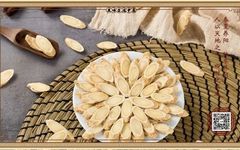
If you ask which herbs are most commonly used in Traditional Chinese Medicine (TCM), then Huang Qi (Astragalus) will definitely be on the list. Huang Qi is also known as the best herb for boosting Qi and is one of the most important Qi-tonifying herbs in TCM. So, what magical effects does Huang Qi have? Why is it considered the king of Qi-boosting? Today, we will unveil the mystery of Huang Qi and see how it shines in TCM.
Properties and Meridians of Huang Qi
First, we need to understand the properties and meridians of Huang Qi. The properties and meridians describe the basic characteristics and action range of herbs in TCM. Through these properties, we can roughly determine the effects of the herb and which organs it influences.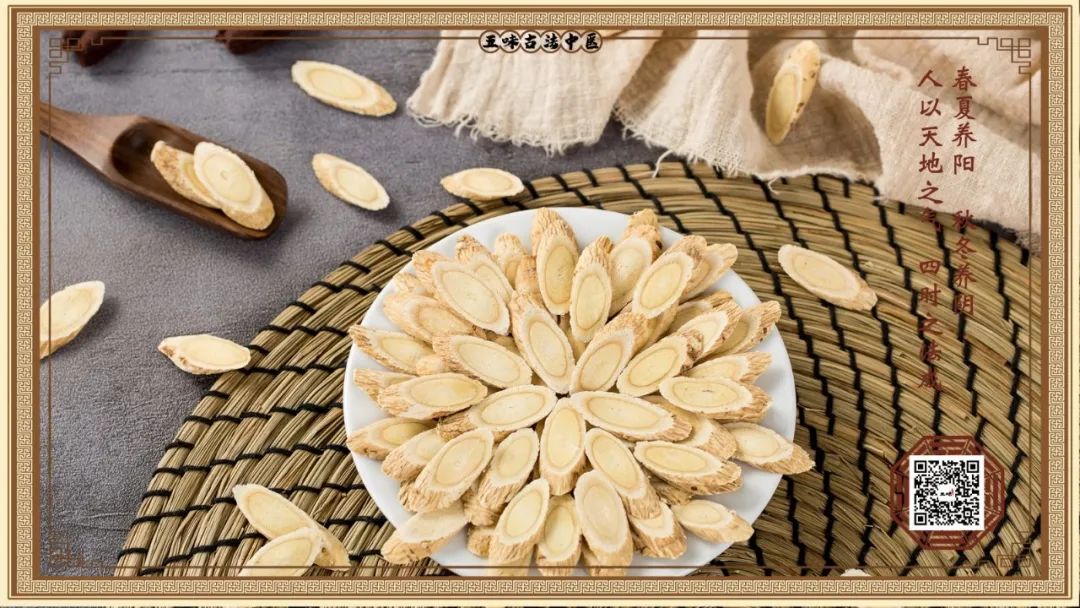 Huang Qi is characterized as warm and sweet, where warm indicates a gentle heat that is not harsh, and sweet indicates a pleasant sweetness that is not cloying. Generally, warm and sweet herbs have tonifying effects, capable of enhancing physical strength and improving symptoms of weakness. For example, foods like red dates (Hong Zao), yam (Shan Yao), and honey (Feng Mi) are all warm and sweet, known for their ability to tonify Qi and nourish blood, as well as strengthen the spleen and stomach. Huang Qi primarily affects the spleen (Pi) and lung (Fei) meridians. The meridian indicates which organs the herb mainly acts upon. The spleen and lungs are both important organs related to respiration; the spleen governs the transformation and transportation of nutrients, while the lungs govern the distribution of fluids. If the spleen and lung functions are poor, symptoms such as Qi deficiency, water retention, poor appetite, loose stools, and cough with wheezing may occur. Huang Qi can tonify the Qi of the spleen and lungs, promote the transformation of nutrients and the distribution of fluids, thereby improving these symptoms.
Huang Qi is characterized as warm and sweet, where warm indicates a gentle heat that is not harsh, and sweet indicates a pleasant sweetness that is not cloying. Generally, warm and sweet herbs have tonifying effects, capable of enhancing physical strength and improving symptoms of weakness. For example, foods like red dates (Hong Zao), yam (Shan Yao), and honey (Feng Mi) are all warm and sweet, known for their ability to tonify Qi and nourish blood, as well as strengthen the spleen and stomach. Huang Qi primarily affects the spleen (Pi) and lung (Fei) meridians. The meridian indicates which organs the herb mainly acts upon. The spleen and lungs are both important organs related to respiration; the spleen governs the transformation and transportation of nutrients, while the lungs govern the distribution of fluids. If the spleen and lung functions are poor, symptoms such as Qi deficiency, water retention, poor appetite, loose stools, and cough with wheezing may occur. Huang Qi can tonify the Qi of the spleen and lungs, promote the transformation of nutrients and the distribution of fluids, thereby improving these symptoms.
Characteristics of Huang Qi
Next, we need to observe the characteristics of Huang Qi. The characteristics describe the appearance and color of the herb. By examining these characteristics, we can further determine the herb’s effects and which areas it influences. Huang Qi is a perennial herb belonging to the legume family (Fabaceae). Its root is the commonly used medicinal part, which is cylindrical or flat-cylindrical, with a yellowish-white or light yellow surface, hard and light in texture. According to TCM theory, “yellow enters the spleen” and “white enters the lungs,” thus Huang Qi mainly acts on the spleen and lungs.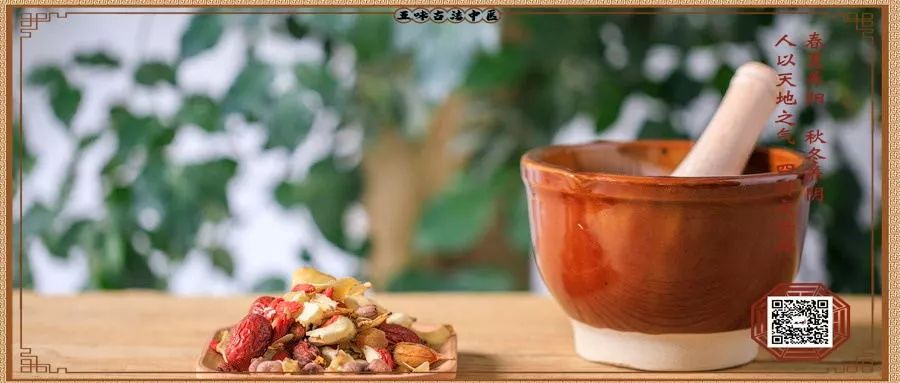
Historical Records of Huang Qi
Furthermore, we should refer to the historical records of Huang Qi. Historical records summarize the historical evolution and clinical applications of herbs in TCM. By examining these records, we can gain a deeper understanding of the herb’s effects and the conditions it treats. Huang Qi has many aliases in ancient texts, such as Huang Qi, Huang Zhi, and Huang Ya. It first appeared in the Shen Nong’s Herbal Classic, classified as a superior herb with effects of tonifying the middle and boosting Qi, stabilizing the exterior and stopping sweating, and promoting tissue regeneration. Later, the Compendium of Materia Medica provided a more detailed explanation of Huang Qi’s effects, stating that it can tonify the middle and boost Qi, lift Yang and stabilize the exterior, dispel cold and eliminate dampness, reduce swelling and drain pus, and calm the fetus and promote urination. This shows that TCM has a profound understanding of Huang Qi, and it is almost always included in various Qi-tonifying formulas.
Representative Formulas of Huang Qi
Finally, we will introduce the representative formulas of Huang Qi. Representative formulas are classic examples of the combined use of herbs in TCM. Through these formulas, we can comprehensively grasp the herb’s effects and the specific conditions it is effective for.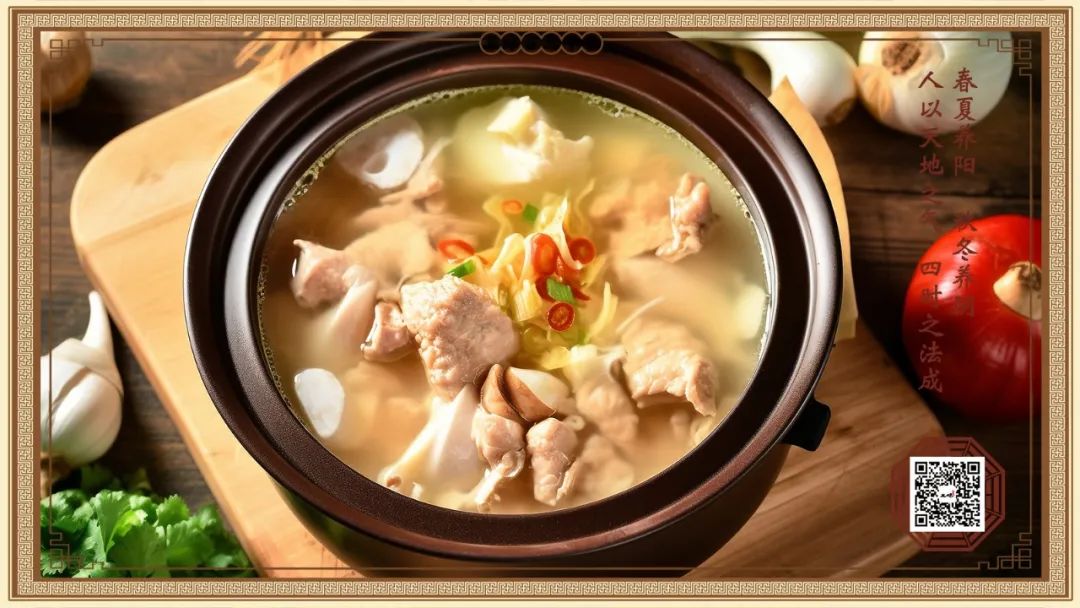 One of the most notable formulas using Huang Qi is the Buzhong Yiqi Decoction (补中益气汤). This formula originated during the Jin and Yuan dynasties and is one of the most representative formulas by Li Dongyuan, commonly used for individuals with Qi deficiency. Buzhong Yiqi Decoction consists of Huang Qi, Ren Shen (Ginseng), Bai Zhu (White Atractylodes), Sheng Ma (Cimicifuga), Chai Hu (Bupleurum), Chen Pi (Dried Tangerine Peel), Dang Gui (Angelica), and Zhi Gan Cao (Honey-fried Licorice), and is now available as a convenient patent medicine called Buzhong Yiqi Wan. While we say that Buzhong Yiqi Wan is a Qi-tonifying medicine, it is not entirely comprehensive; it not only tonifies Qi but also lifts Qi. When is it necessary to lift Qi? This is particularly needed when Qi deficiency is severe. Qi is meant to rise, like a hydrogen balloon; as long as there is enough hydrogen, it can float. But if there is not enough hydrogen, it cannot rise and may even fall. At this point, external force is needed to help it rise. This external force is the lifting of Qi. Huang Qi, as the king of Qi-boosting, is naturally indispensable in such situations. Ren Shen is also a highly representative Qi-tonifying herb in TCM, which not only tonifies the spleen Qi but also replenishes the original Qi, potentially saving lives in critical moments. Bai Zhu tonifies Qi and strengthens the spleen, as the spleen is the foundation of postnatal Qi; if the spleen is deficient, Qi will also be deficient. These three herbs together can adequately replenish Qi.
One of the most notable formulas using Huang Qi is the Buzhong Yiqi Decoction (补中益气汤). This formula originated during the Jin and Yuan dynasties and is one of the most representative formulas by Li Dongyuan, commonly used for individuals with Qi deficiency. Buzhong Yiqi Decoction consists of Huang Qi, Ren Shen (Ginseng), Bai Zhu (White Atractylodes), Sheng Ma (Cimicifuga), Chai Hu (Bupleurum), Chen Pi (Dried Tangerine Peel), Dang Gui (Angelica), and Zhi Gan Cao (Honey-fried Licorice), and is now available as a convenient patent medicine called Buzhong Yiqi Wan. While we say that Buzhong Yiqi Wan is a Qi-tonifying medicine, it is not entirely comprehensive; it not only tonifies Qi but also lifts Qi. When is it necessary to lift Qi? This is particularly needed when Qi deficiency is severe. Qi is meant to rise, like a hydrogen balloon; as long as there is enough hydrogen, it can float. But if there is not enough hydrogen, it cannot rise and may even fall. At this point, external force is needed to help it rise. This external force is the lifting of Qi. Huang Qi, as the king of Qi-boosting, is naturally indispensable in such situations. Ren Shen is also a highly representative Qi-tonifying herb in TCM, which not only tonifies the spleen Qi but also replenishes the original Qi, potentially saving lives in critical moments. Bai Zhu tonifies Qi and strengthens the spleen, as the spleen is the foundation of postnatal Qi; if the spleen is deficient, Qi will also be deficient. These three herbs together can adequately replenish Qi.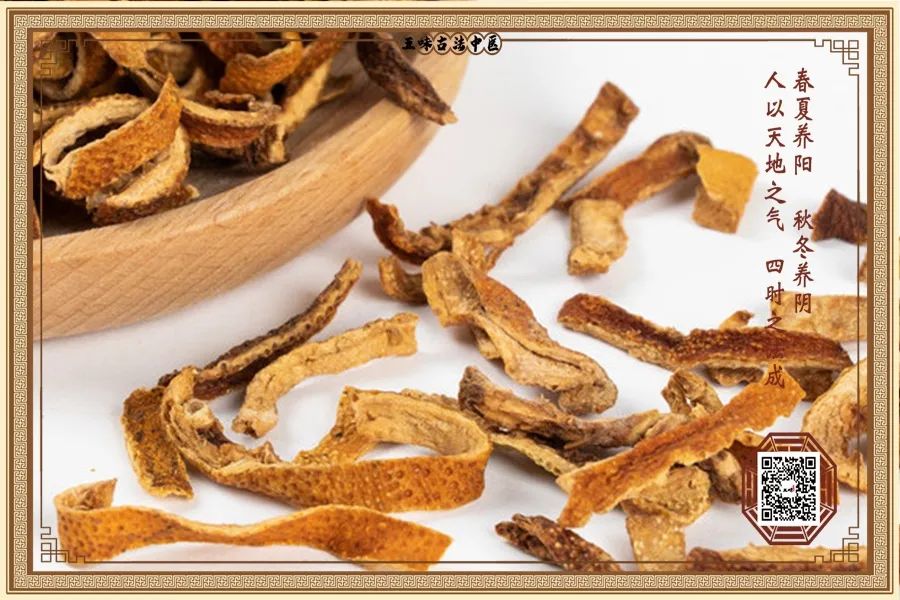 Chen Pi excels at regulating Qi, which means keeping the Qi flowing smoothly. Sheng Ma provides the external force; as the name suggests, Sheng Ma provides a lifting force, meaning it helps lift the Qi when it is descending.
Chen Pi excels at regulating Qi, which means keeping the Qi flowing smoothly. Sheng Ma provides the external force; as the name suggests, Sheng Ma provides a lifting force, meaning it helps lift the Qi when it is descending.
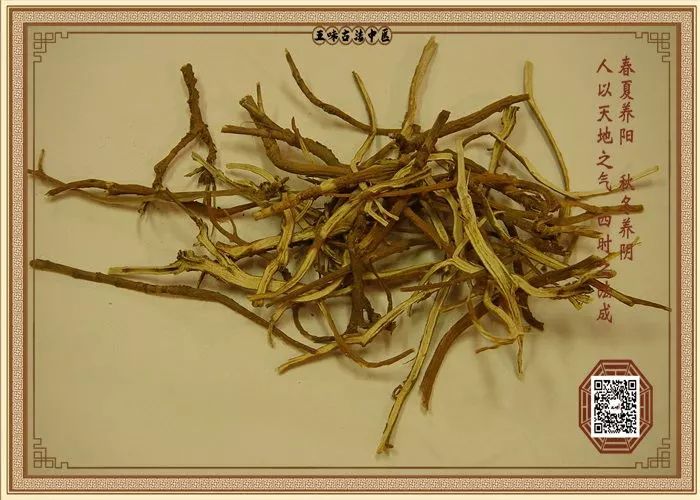
Additionally, Chai Hu is often mentioned in formulas for soothing the liver and relieving depression. Why is it used for this purpose? Because the liver governs the smooth flow of Qi, and when emotions are poor or under stress, liver function can be affected, leading to stagnation of liver Qi, which in turn affects the upward movement of Qi. Chai Hu helps to promote the upward movement of liver Qi, restoring its natural upward vitality. It is evident that Chai Hu indeed has a lifting effect. Li Dongyuan once said: “Chai Hu lifts and can guide the middle Qi to rise to the upper body.” Chai Hu directs the Qi to the sides of the ribs, while Sheng Ma takes over from there, like a relay race; together, they enhance the lifting force. Dang Gui nourishes the blood; Qi and blood are inseparable, which is easy to understand. Zhi Gan Cao harmonizes the other herbs, allowing them to work together harmoniously. In this way, Buzhong Yiqi Decoction achieves the dual effect of tonifying and lifting Qi, making it a very effective formula for patients with severe Qi deficiency and sinking Qi.
Suitable Population and Precautions for Huang Qi
So, who is Huang Qi suitable for? Generally speaking, Huang Qi is suitable for those with Qi deficiency, sinking Qi, exterior deficiency, water retention, tumors, diabetes, hypertension, heart disease, and other conditions. Huang Qi can enhance the body’s resistance and immunity, benefiting the prevention and treatment of various diseases.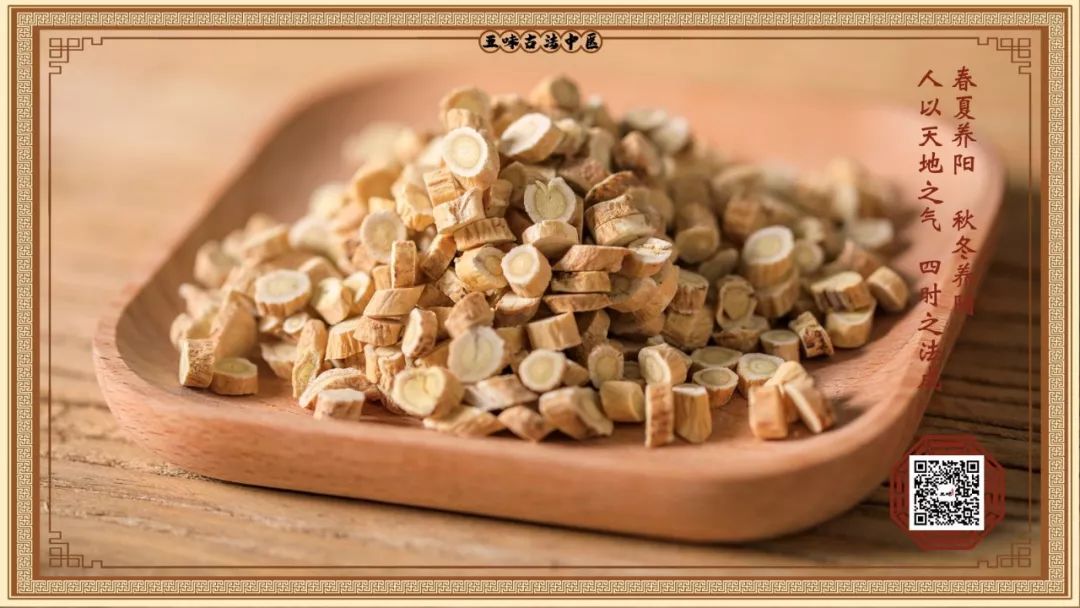 However, not everyone can take Huang Qi indiscriminately. Although Huang Qi is warm and sweet, it also has certain stimulating and drying properties. For those with a hot, damp, yin-deficient, or blood-heat constitution, taking Huang Qi may exacerbate these symptoms, leading to adverse reactions such as dry mouth, constipation, and bleeding. Therefore, it is best to consult a TCM practitioner or pharmacist before taking Huang Qi, to choose the appropriate dosage and combination based on individual constitution and condition.
However, not everyone can take Huang Qi indiscriminately. Although Huang Qi is warm and sweet, it also has certain stimulating and drying properties. For those with a hot, damp, yin-deficient, or blood-heat constitution, taking Huang Qi may exacerbate these symptoms, leading to adverse reactions such as dry mouth, constipation, and bleeding. Therefore, it is best to consult a TCM practitioner or pharmacist before taking Huang Qi, to choose the appropriate dosage and combination based on individual constitution and condition.
Methods of Consuming Huang Qi
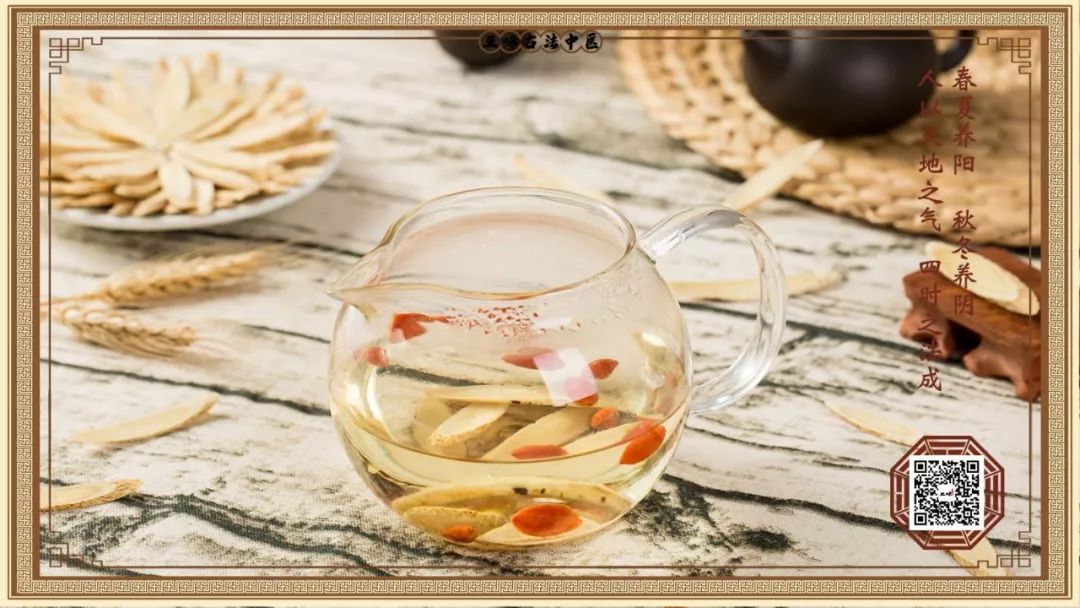 Finally, we will introduce the methods of consuming Huang Qi. The consumption methods refer to how to correctly use the herb to achieve the best effects. By following these methods, we can safely take the herb and avoid unnecessary losses. Huang Qi can be steeped in water alone or cooked with other herbs or foods to make soups, porridge, or pancakes. Steeping Huang Qi in water is quite simple; take 10-15 grams of Huang Qi root slices or powder, place them in a cup, pour in boiling water, and steep for 10-15 minutes before drinking. It can be consumed 2-3 times a day, and effects can be seen after continuous use for about a month. Using Huang Qi with other herbs or foods can enhance its effects or alleviate its side effects. For example:
Finally, we will introduce the methods of consuming Huang Qi. The consumption methods refer to how to correctly use the herb to achieve the best effects. By following these methods, we can safely take the herb and avoid unnecessary losses. Huang Qi can be steeped in water alone or cooked with other herbs or foods to make soups, porridge, or pancakes. Steeping Huang Qi in water is quite simple; take 10-15 grams of Huang Qi root slices or powder, place them in a cup, pour in boiling water, and steep for 10-15 minutes before drinking. It can be consumed 2-3 times a day, and effects can be seen after continuous use for about a month. Using Huang Qi with other herbs or foods can enhance its effects or alleviate its side effects. For example: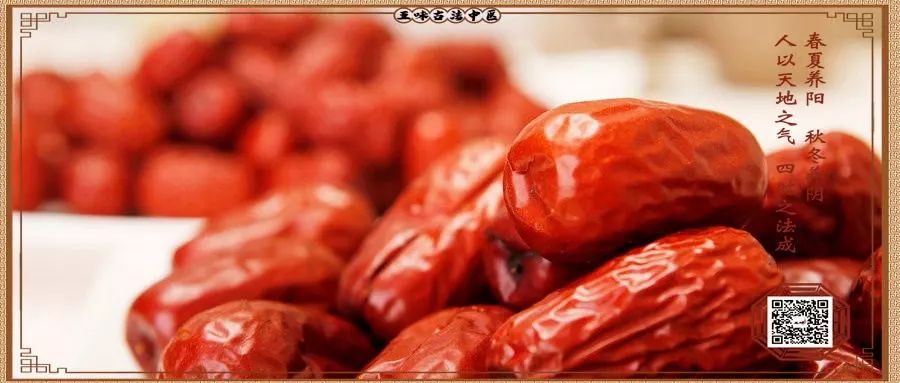 · Huang Qi with red dates cooked together can tonify Qi and nourish blood, strengthen the spleen and stomach.· Huang Qi with goji berries steeped together can tonify the kidneys, benefit essence, and improve vision and liver health.· Huang Qi with yam made into porridge or pancakes can tonify Qi, strengthen the spleen, and stop cough.· Huang Qi with lily cooked together can nourish yin, moisten the lungs, and calm the mind.· Huang Qi with longan cooked together can tonify Qi, nourish blood, and invigorate blood circulation.· Huang Qi with ginger cooked together can dispel cold, relieve pain, and warm the middle and transform phlegm. Of course, these are just some common consumption methods; specific choices should be based on individual constitution and condition.
· Huang Qi with red dates cooked together can tonify Qi and nourish blood, strengthen the spleen and stomach.· Huang Qi with goji berries steeped together can tonify the kidneys, benefit essence, and improve vision and liver health.· Huang Qi with yam made into porridge or pancakes can tonify Qi, strengthen the spleen, and stop cough.· Huang Qi with lily cooked together can nourish yin, moisten the lungs, and calm the mind.· Huang Qi with longan cooked together can tonify Qi, nourish blood, and invigorate blood circulation.· Huang Qi with ginger cooked together can dispel cold, relieve pain, and warm the middle and transform phlegm. Of course, these are just some common consumption methods; specific choices should be based on individual constitution and condition.
End
Note: The various prescriptions and formulas mentioned in this article are for reference and learning by professional TCM practitioners only and should not be used as prescriptions. Please do not self-medicate blindly; this platform does not bear any responsibility for any consequences arising from this!



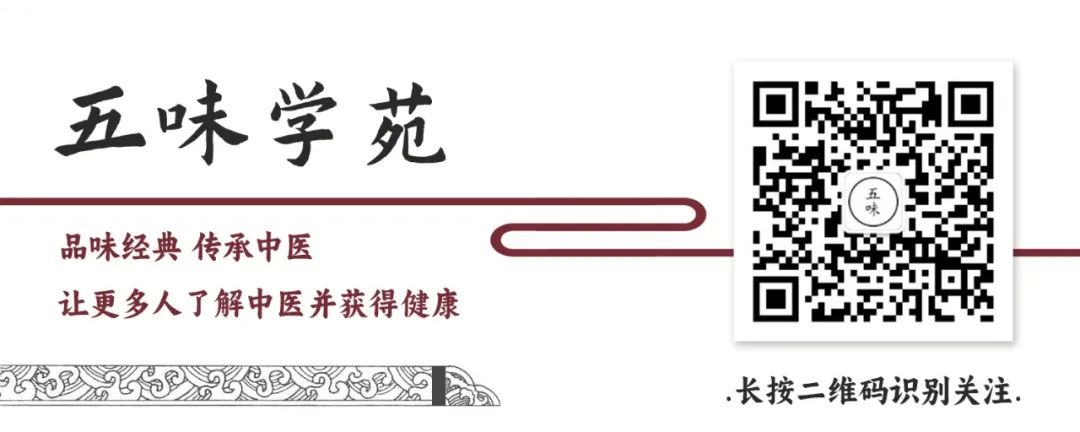
Click 「Like」 + 「View」
Let more people see this 

